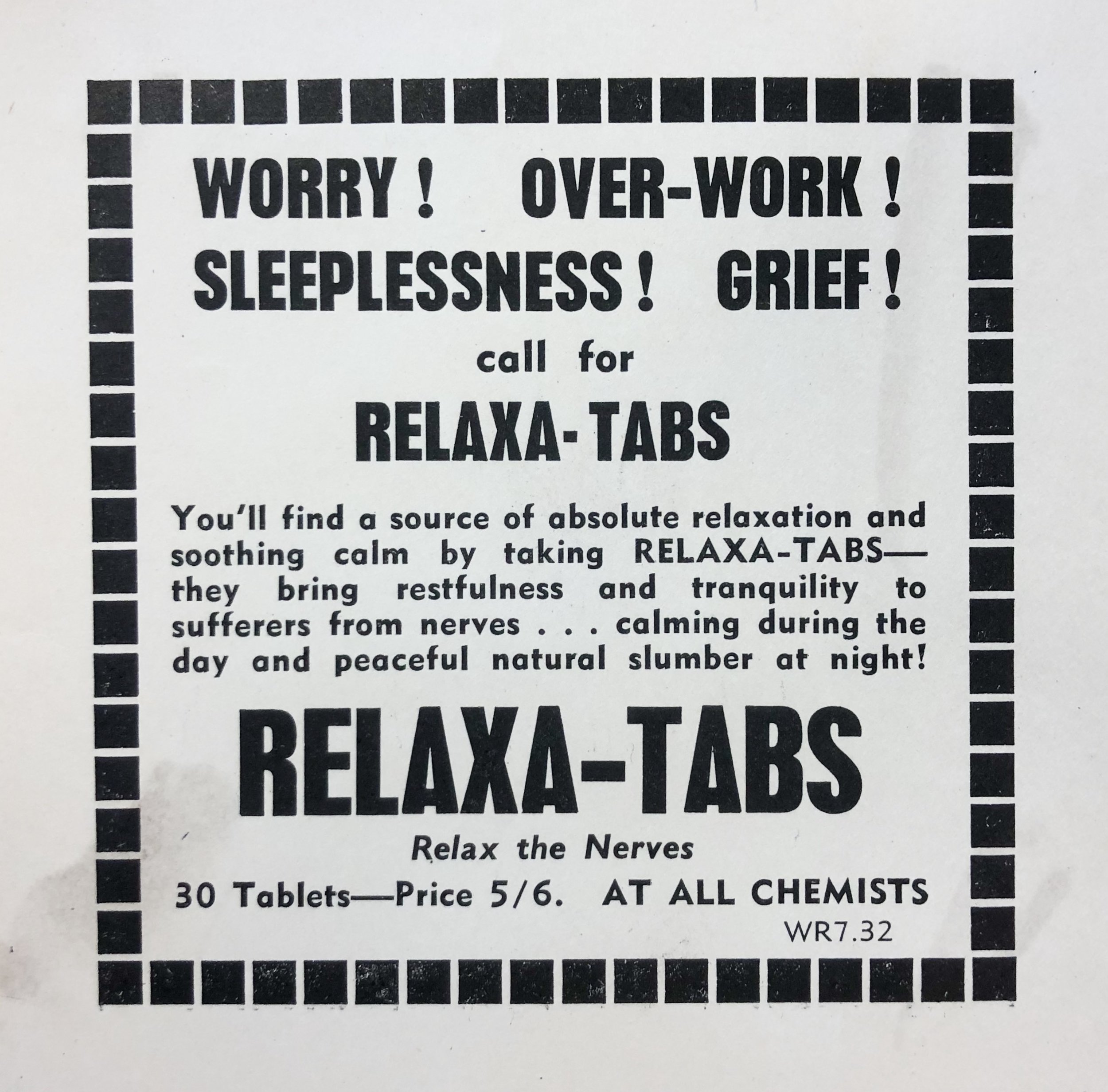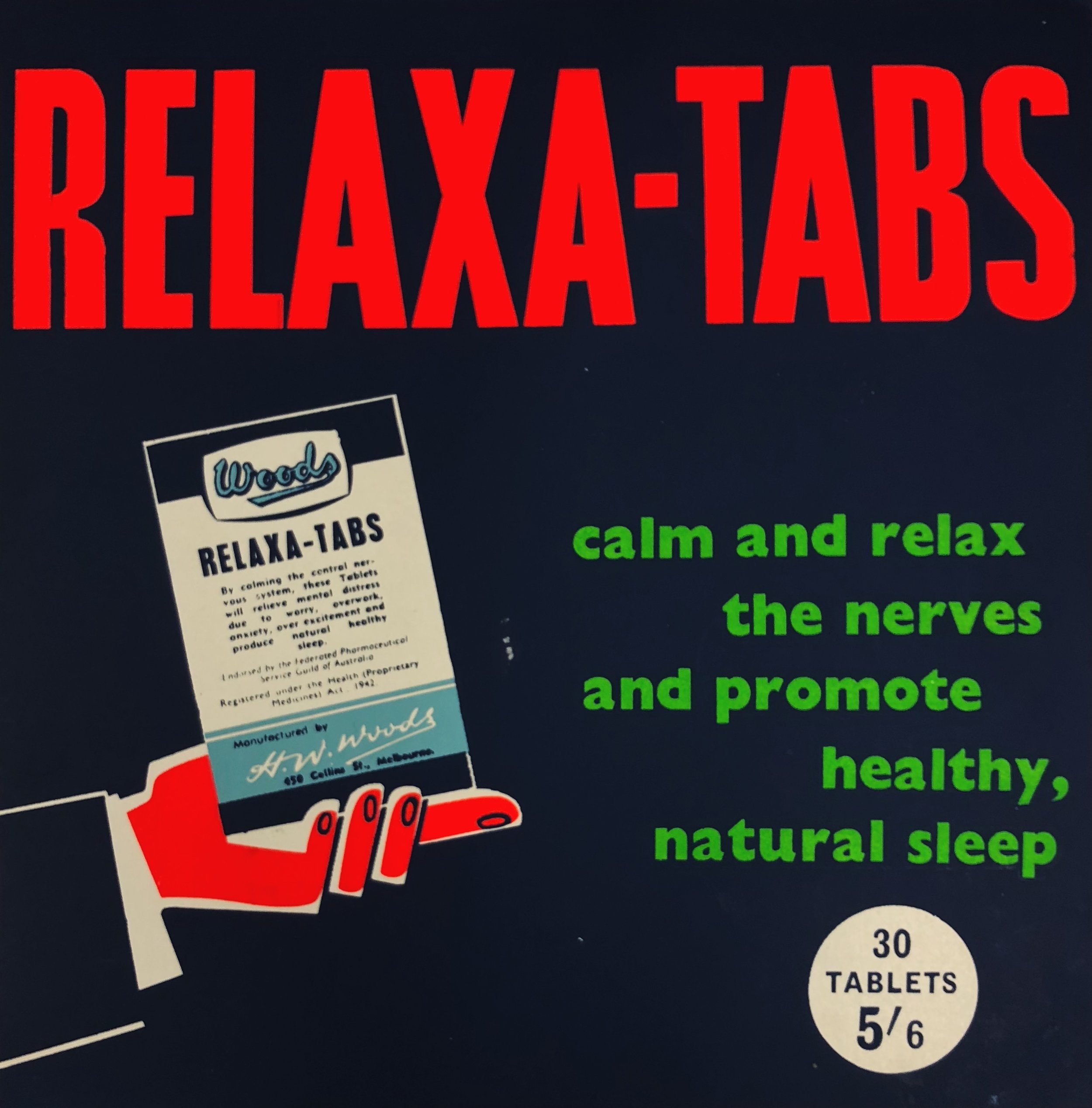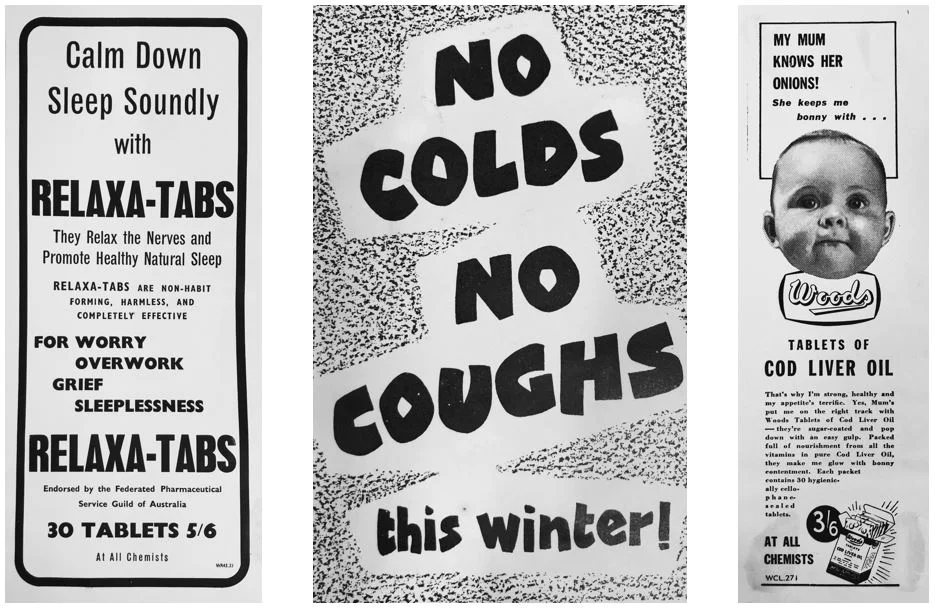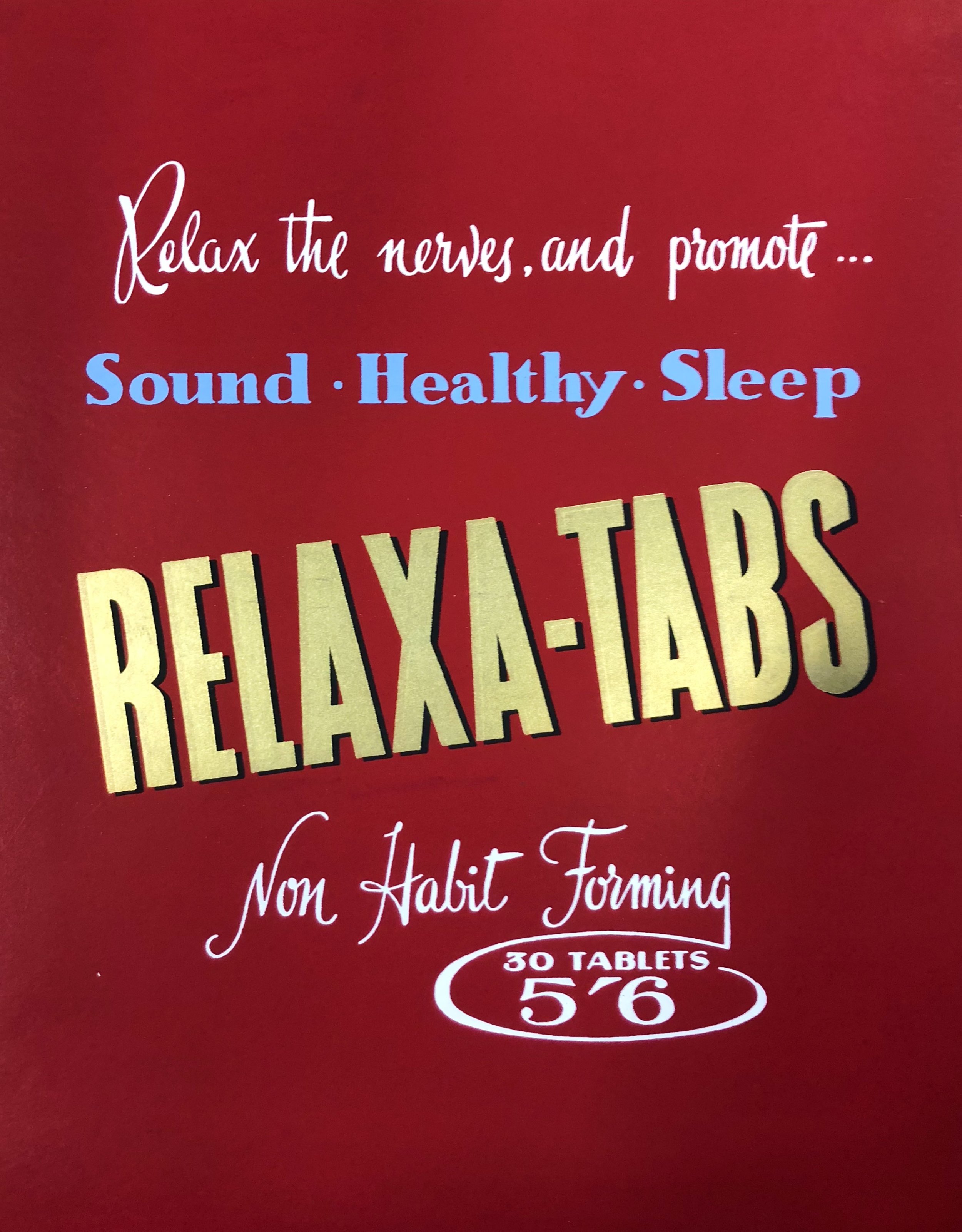Why is sleep important?
Sleep is essential for your mind and body to function normally. Why?
- Sleep gives your body a chance to repair muscles and regenerate brain cells and aging or dead skin.
- Sleep gives you the time to review and organise information and archive memories. Dreams are thought by some to be part of this process.
- Sleep lowers your energy consumption, so you need three meals a day rather than five.
- Sleep helps keep your immune systems healthy because your body increases production of an infection-fighting hormone during sleep.
- In children and teenagers, growth hormones are released during sleep.
- Studies show that people who are taught mentally challenging tasks do better after a good night's sleep
- Research also suggests that sleep is needed for creative problem solving.
If you don’t get a good night’s sleep you might feel irritable, forgetful or lack energy.
How many hours should the average person sleep?
Eight hours a night is a good amount for the average adult to sleep. Since sleep is a time for the body to recover and grow, children and adolescents need more sleep. The average teenager needs nine or more hours of sleep each night.
What are common causes of insomnia?
There are many reasons why people find it hard to sleep. These can range from your general health and emotions to the state of your pillow or mattress.
Transient insomnia (lasting a few days) and short-term insomnia (lasting a few weeks) is usually caused by an emotionally exciting or stressful event, such as an argument, a wedding day or exams.
Long-term or secondary insomnia is ongoing, lasting a month or even years. Medical and psychiatric problems, drug use or other issues requiring medical attention can be the causes of long-term insomnia.
Common causes:
Lifestyle, irregular sleep hours due to excessive socialising, jet lag, alcohol/caffeine/drugs, insufficient exercise, environment, excessive noise, uncomfortable mattress or pillow, overheated or underheated room, health problems, pain from injury or illness, Indigestion (eating a heavy/oily meal could upset digestion), eczema/skin irritations, asthma, psychological concerns, stress, grief, depression, medication or other drugs, side effects of certain drugs, sleep disorders, narcolepsy, Restless Leg Syndrome, Sleep Apnea, irregular breathing during sleep.
What are common treatments for insomnia?
There are many effective ways to treat insomnia or contribute to healthy sleep.
Making simple lifestyle changes can relieve sleep issues. Sleep hygiene tips are often highly effective and medication may not be required. It could be as straightforward as purchasing an appropriate pillow or passing on that 3pm coffee.
If somebody is experiencing a difficult period due to work stress or a relationship breakdown, then counselling may ease some emotional strain, making sleep easier. Or adopting relaxation techniques such as meditation might help ease the mind.
If insomnia persists there are several prescription and non-prescription treatment options available.
What is sleep hygiene?
Sleep hygiene refers to habits that help you have a good night’s sleep. These may include following a consistent body clock, avoiding stimulants like drugs, alcohol or caffeine, or allowing time for relaxation.
Common sleeping problems (such as insomnia) are often caused by bad habits reinforced over years or even decades. If you have tried and failed to improve your sleep, you may like to consider professional help.
How do I improve sleep hygiene?
There are many simple and effective ways to improve your sleep hygiene:
- Obey your body clock – Getting up and going to sleep at the same time every day helps set your body clock to get sleepy at the same time each night.
- Improve your sleeping environment – Investing in a good pillow and mattress, and maintaining optimal temperature and darkness help your body to relax into sleep.
- Avoid drugs and other stimulants – Avoiding cigarettes, alcohol and other drugs that increase heart rate or blood pressure will help you to fall asleep and stay asleep longer.
- Relax your mind – Relaxation techniques or setting aside ‘worry time’ well before bed might help you to put your worries aside.
- Exercise – Exercising every day can contribute to a tired body at the end of the day (just don’t exercise too close to bedtime).
- Avoid afternoon naps – Sleeping in the day time can mean you’re not as tired at bedtime, making it hard to get to sleep.
- Avoid screens – Restricting blue light and device usage for at least an hour before bed can help your body to wind down for sleep (even keeping your mobile phone near your bed can distract you from getting a good night’s sleep).
What are the different sleep stages?
Sleep isn’t a static state of consciousness. We all go through various distinct stages of sleep, over and over, every night. Generally, the brain moves from light sleep to deeper sleep and eventually to rapid eye movement (REM) sleep.
REM sleep occurs regularly, about once every 90 to 120 minutes. Brain waves in REM sleep are faster than in non-REM sleep. REM sleep is associated with dreaming and with stimulation of the parts of the brain used for learning, while body repair and growth tends to happen during non-REM sleep.
It’s important to get the right mix of both REM and non-REM sleep to maintain your natural sleep cycle and help you wake rested and refreshed.
What should I do if I can’t sleep?
If you’re one of the many Australians who has trouble getting to sleep or staying asleep, there are things you can do to help.
You might like to get a good understanding of sleep hygiene and try implementing some of the tips mentioned above. If you’re still experiencing sleep problems, you might like to consult a professional.
These questions and answers were sourced from the Better Health Channel and Stop Counting Sheep websites. You might find answers to other questions you have on these sites.









